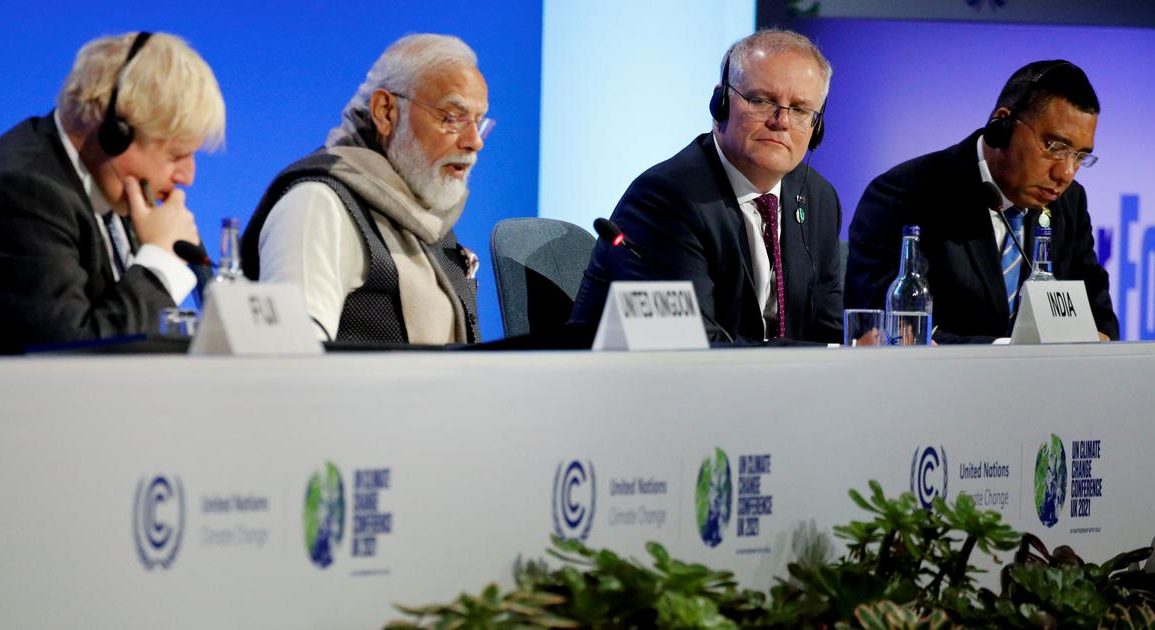As the world grapples with the pressing issue of climate change, international summits have become a crucial platform for nations to collective effort to combat this existential threat. Amidst the global climate crisis, India’s position at these summits has been both significant and intriguing. With its significant contribution to global emissions and a growing economy, India’s role in shaping the global climate agenda is crucial. In this article, we will go into India’s commitments at global climate summits, its accomplishments, and the challenges it faces in its climate journey.
India’s Leadership at Global Climate Summits
At the Paris Agreement in 2015, India played a pivotal role in shaping the climate change agenda. The agreement aimed to limit global warming to well below 2°C and pursue efforts to limit it to 1.5°C above pre-industrial levels. India, along with other developing nations, pushed for a more equitable framework, recognizing the historic responsibilities of developed countries in causing climate change. India’s Prime Minister, Narendra Modi, has consistently emphasized the importance of climate action, emphasizing the need for both developed and developing nations to work together to combat this global challenge.
India’s Climate Action: A Mixed Bag
India’s climate commitments have been a mix of both encouraging and challenging initiatives. On the positive side, India has taken significant steps to reduce its carbon footprint, including the implementation of solar power programs, increasing the use of renewable energy, and promoting energy efficiency. The country has also set ambitious targets to reduce its emissions intensity by 33-35% by 2030. However, there are concerns about the effectiveness of these measures, as India’s energy demand is expected to increase significantly in the coming decades.
Challenges Ahead: India’s Climate Journey
Despite its commitments, India faces significant challenges in its climate journey. The country’s energy demands are driven by its growing economy, and its reliance on fossil fuels remains high. Moreover, the lack of infrastructure and resources in rural areas makes it difficult to implement effective climate policies. Additionally, India’s climate change vulnerability report highlights the severe impacts of climate change on its agriculture, water resources, and health sectors. In this context, India’s climate policy must address these challenges and provide a comprehensive framework for sustainable development.
Way Forward: Collaborative Action
India’s position at global climate summits is critical to the success of international efforts to combat climate change. The country’s leadership and commitments have been significant, although the challenges ahead are substantial. To overcome these hurdles, India must continue to work collaboratively with other nations, share best practices, and provide financial and technical support to developing nations. Additionally, India must address the socio-economic and environmental impacts of climate change on its population and implement policies that promote sustainable development and climate resilience.


